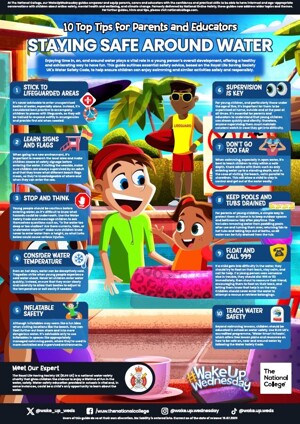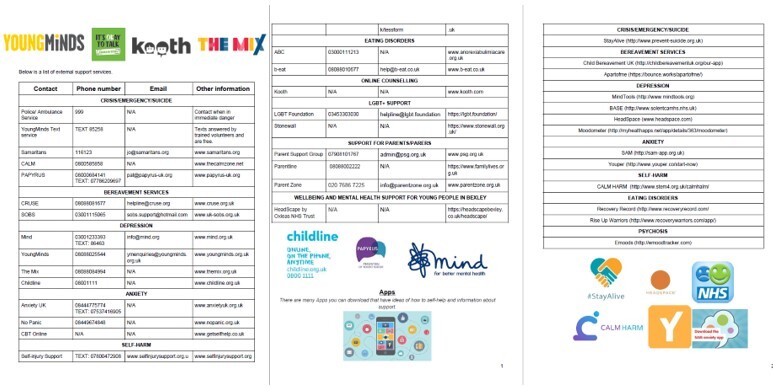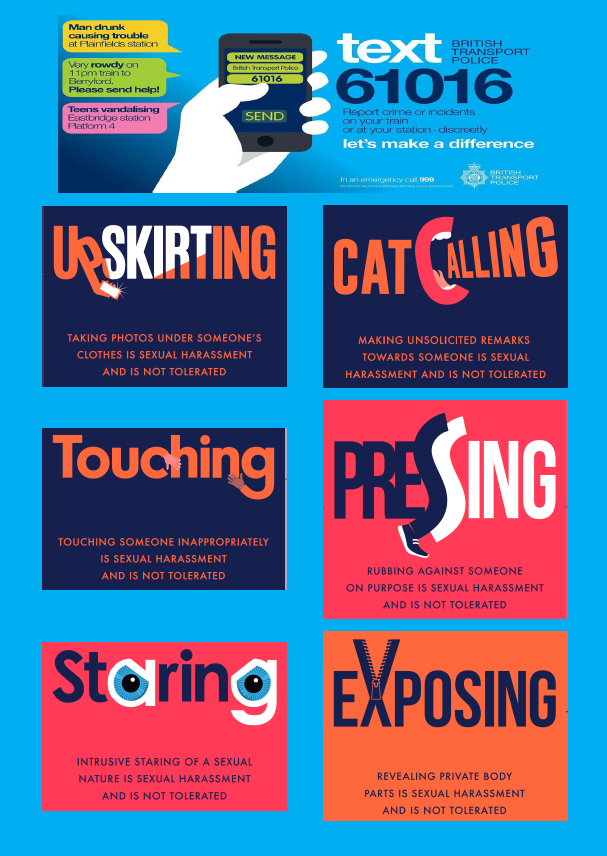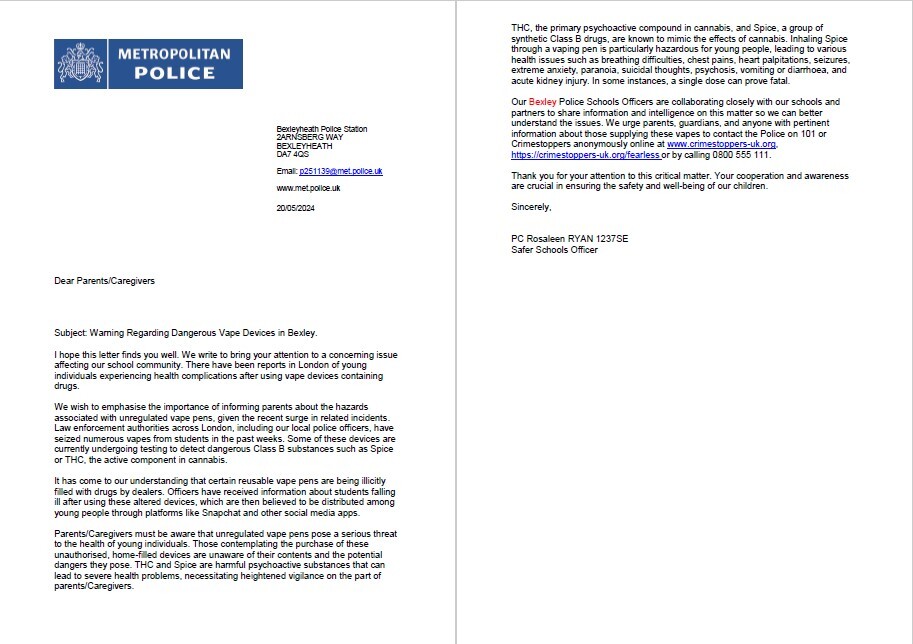- Home
- Information Hub
- Student Welfare
- Student Wellbeing
Student Wellbeing
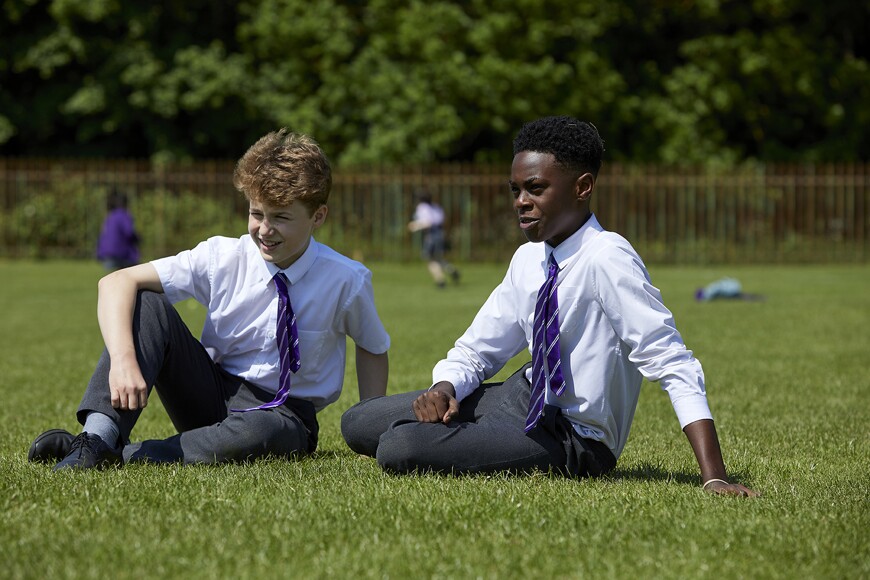
The safety and happiness of our students is of utmost importance to us. Students have regular updates on safeguarding on different topics and parents are informed though our website.
At CSGS we value your character development and strive to support you in developing a range of character traits to support your academic success. We focus on developing the character traits of commitment, compassion, courage, creativity, resilience, responsibility, gratitude and intellectual curiosity. There are explicit form time activities to explore and develop our understanding of these traits and consider how we can apply and develop them in ourselves.
The practice of mindfulness with students in Year 7 has been very successful in the last few year, starting them on a positive journey to support their well-being. We also offer mindfulness practice to other students in small groups and to our staff too.
Our student Mental Health Ambassadors are fully trained and have initial conversations with students about concerns they may be have. In addition, they have organised events to celebrate the support of mental health issues. We regularly post support links to websites and information on the school website for parents and students.
As a school we aim to cater for the education of all our students with learning difficulties, whatever their nature. Students have access to a Learning Support base where the Student Welfare Office and School Counsellor are based in a friendly and supportive environment. Staff meet students with particular needs as part of the transition process and work closely with them to ensure a smooth start to secondary school life.
Reading Recommendation for Parents: How to Raise a Healthy Gamer
As screens continue to play a central role in our teenagers' lives, finding thoughtful guidance on how to navigate this digital landscape can be invaluable. One highly recommended resource is the book How to Raise a Healthy Gamer by Dr. Alok Kanojia (also known as “Dr. K”).
Dr. K is a Harvard-trained psychiatrist and leading expert in mental health for the gaming community. His book offers a balanced, practical approach to understanding the role of gaming and screens in young people’s lives—without demonizing them. Instead, it empowers parents to support their teens in building healthier habits, emotional awareness, and better boundaries when it comes to technology use.
One of our staff members recently listened to it as an audiobook and praised it as “very good—realistic, compassionate, and incredibly helpful.”
If you're looking for insightful and supportive reading this summer, we encourage you to check it out. 
Learn more: How to Raise a Healthy Gamer – Healthy Gamer
Mental Health Ambassadors
The school has trained Mental Health First Aiders – as well as student Mental Health Ambassadors – that promote the importance of students talking about their concerns, anxieties and worries and work to ensure that these worries are heard.
Our Y12/Y13 Mental Health Ambassadors wear bright green lanyards to be easily recognised by other students. They are fully trained and have initial conversations with students about concerns they may have, or can be the first point of contact for students to access members of staff.
Students can also access help and support quickly and easily using the form here.
In addition, they organise events to celebrate the support of mental health issues.
Online Safety
Online Safety & Responsible Use of Social Media and Mobile Phones
In today's technological social media age, children now have access to each other more than ever via social media and their mobile phones and devices. As a school we strongly encourage clear boundaries on using phones and the Internet. Parents and Guardians should not allow their children to play age inappropriate video games or to attend age inappropriate events.
Parents and guardians, as bill payers, have a responsibility for how mobile phones are used and can install controls on phones enabling them to filter which games, apps and websites their child can use, as well as monitor their usage. Be open and transparent with your child and discuss how they use their phone to help them understand what is appropriate and what is expected of them.
There is a lot of support available to keep your child safe online. Please find some useful links related to online safety below.
Online Safety Advice Posters:
HiPAL what parents need to know
Top Tips for Supporting Children Who Are Experiencing Bullying
Online financial scams exploitation
What Parents&Educators need to know about TikTok
Smartphone safety tips for young people
Social Media and Mental Health
Supporting children to deal with upsetting content
10 Top Tips for Parents&Educators - Build Emotional Resilience
Supporting Children to develop emotional literacy
10 Top Tips for Parents&Educators - Fair play & friendly competition
10 Top Tips for Parents - Developing Healthy Sleep Patterns
10 Top Tips Dealing with traumatic challenging events
10 Top Tips for Parents - Safety over the festive season 2024
10 Top Tips for Parents - Safety on the road 2025
10 Top Tips for Parents - Safety on social media 2024
10 Top Tips for Parents - Spending and saving
10 Top Tips fostering a sense of belonging
10 Top Tips for Parents - Encouraging open conversations at home
10 Top Tips for Parents - Promoting physical wellbeing
10 top tips for Stronger Passwords
10 top tips for Keeping Children Safe from Cyber Crime
10 top tips for Parents&Educators Teaching Children Fire Safety
10 Top Tips for Parents - Using technology to boost reading skills
Top tips for Managing Screen Time
Top Tips for Safer Online Shopping on Black Friday
What Parents & Educators need to know about Bluesky Social App
What Parents & Educators need to know about conspiracy theories September 2025
What Parents & Carers need to know about disney
What Parents & Educators need to know about emojis
What Parents Educators Need to Know about Energy Drinks
What Parents & Educators Need to Know about gambling
What Parents & Educators Need to Know about health and fitness apps
What Parents & Educators need to know about Instagram
What Parents & Carers need to know about mylol
What Parents & Educators Need to know mental health apps
What Parents & Educators need to know about making friends online
What Parents & Eductors Need to know about Memes
What Parents & Carers need to know about Microtransactions
What Parents & Carers need to know about Minecraft
What Parents & Carers need to know about Monkey
What Parents & ducators can learn from the Ofcom Media Report 2024
What Parents & Carers need to know about online dating platforms
What Parents & Educators need to know about online relationships dating apps
What Parents & Carers need to know about persuasive design online
What Parents & Educators need to know about pop-ups ads
What parents need to know about sharing intimate images
What Parents & Educators need to know about shopping platforms
What Parents & Educators need to know about Snapchat
What Parents & Educators need to know about Tekken 8
What Parents & Carers need to know about the dangers of Vaping
What Parents & Carers need to know about Wizz
What Parents & Carers need to know about WhatsApp
What Parents & Educators need to know about youth violence
What Parents & Carers need to know about Zepeto
What parents need to know about worry and anxiety
What Parents & Carers need to know about X
10 Top tips for Safely Using Smartwatches
App Information Links
What is discord? A guide for parents and carers
Links to Internet Matter's information videos:
Is Snapchat safe: A how to guide for parents | Internet Matters
TikTok app safety - What parents need to know | Internet Matters
What is Discord? – What parents need to know | Internet Matters
What is the BeReal app? -- What parents need to know | Internet Matters
What is Rec Room? What parents need to know | Internet Matters
Safety Outside of School
Student Voice
CSGS is an institution that takes great care in ensuring that students are heard throughout the school in order to continually improve the quality of life for pupils. During Key Stage 3 and Key Stage 4, students elect a class “council”: two Form Captains, two Vice Form Captains, two Sports Captains and two Vice Sports Captains. These students help to organise events for their forms as well as teams to represent them; the role of the Form Captains is to act as a conduit to enable the students’ voices and opinions to be heard. Every term, the Form Captains are given questions to ask their forms and they take note of the answers. These are then brought to Pupil Voice meetings where they report and feedback to staff on the Senior Leadership Team. This allows them to have a say in how the school is organised and run whilst also giving the teachers and staff at the school a better understanding of the day-to-day routine from the perspectives of the students. These Pupil Voice panels are centred around a variety of topics that include: equality, diversity and inclusivity; discriminatory behaviour and how the school can better combat this; general quality of life in the school; and many more.
As we move into Key Stage 5, whilst Pupil Voice panels continue through two elected students in each form, at the end of Year 12, the students begin to show a little more leadership in how the school is run. Students can run for a variety of roles within the School Officer Team, which works in tandem with the staff on the Senior Leadership Team, to promote further understanding of the student body. The students in these roles represent the entire school and so, in this way, they speak for the student body and ensure that their wants and needs are expressed to the school.
Beyond the more official routes to raise their voices, students are also encouraged to go to extra-curricular clubs that surround various topics such as LGBTQ+ inclusivity, gender equality and racial diversity. Through these groups, students are able to voice their thoughts about how these situations could be improved around the school as well as being encouraged to discuss these topics in a broader, societal capacity. Students are also able to express and explore their opinions through clubs such as debate club, where pupils converse and argue about important topics that, not only impact their experience of school life, but also impact them as they move into the bigger and more adult world.
Finally, the most important way that the students can raise their voice is through our general staff body. The members of staff at the school are all keen and eager to hear what the students have to say within the school and are always available if students need someone to talk to about problems they are going through. We have trained Mental Health First Aiders – as well as Mental Health Ambassadors – that promote the importance of students talking about their concerns, anxieties and worries and work to ensure that these worries are heard.
It is through all of this that students are able to raise their voices and be heard throughout their time at Chislehurst and Sidcup Grammar School. It is our desire that both staff and students work together as a community to improve school life and make the experience of being a Chis & Sid student something that is safe, secure and positive.
